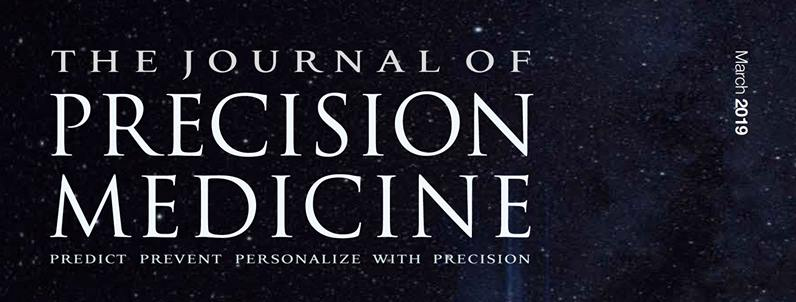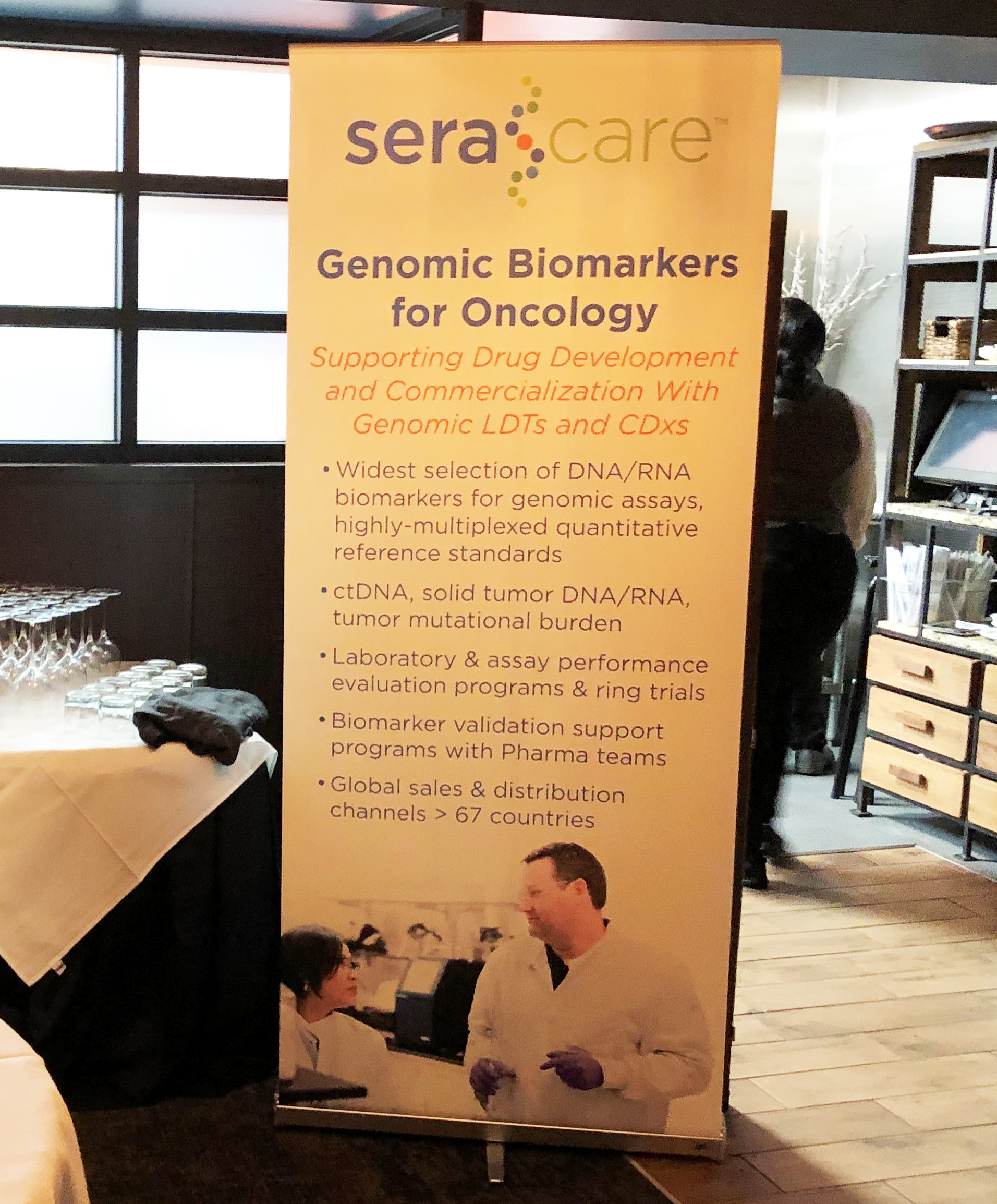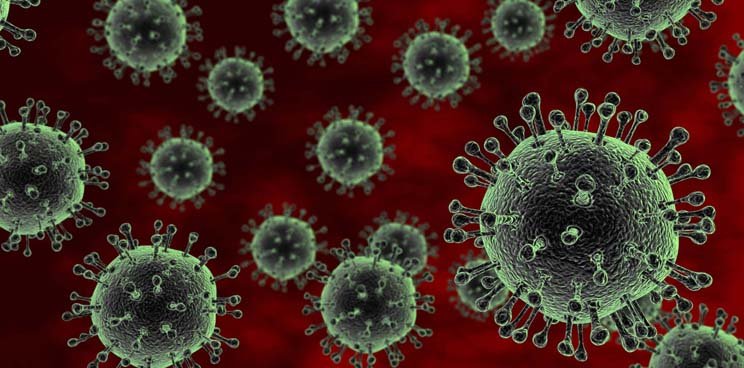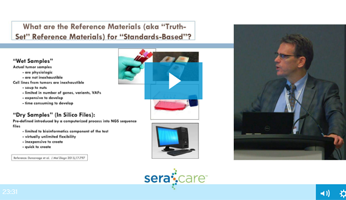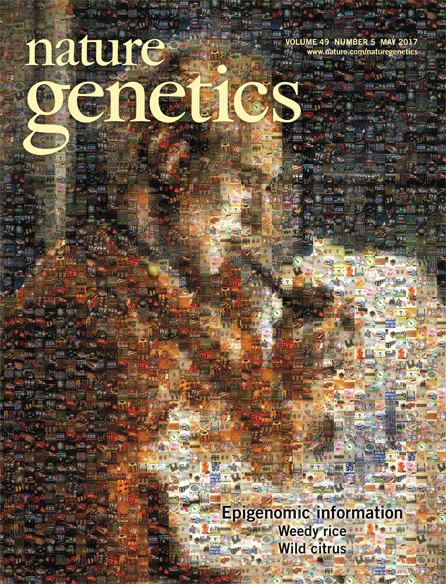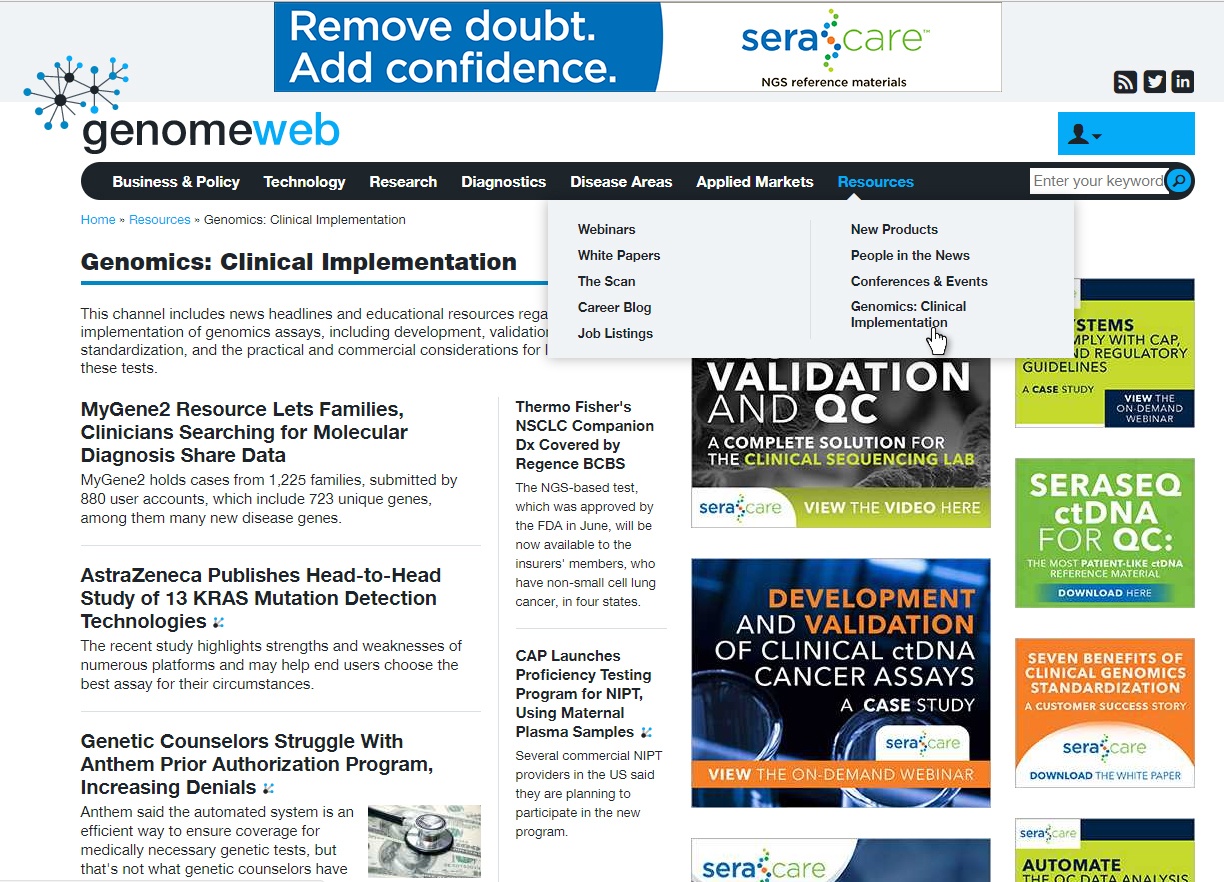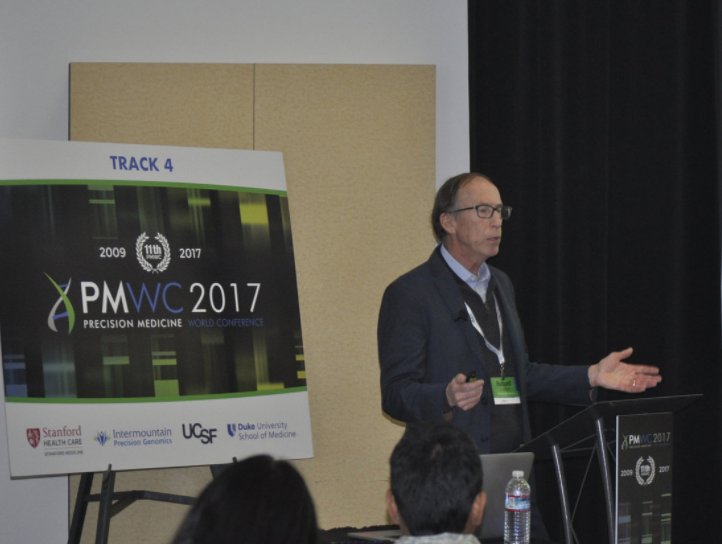Choose your Article Focus | NGS | Molecular & Serology
Making the Shift from Technological Innovation to Operational Excellence: Delivering on the Promise Of Next-Generation Sequencing for Personalized Medicine
Category: clinical genomics, NGS
Posted by
Peter Duncan on Apr 22, 2019 12:00:00 AM
As originally seen in The Journal of Precision Medicine March 2019. Targeted therapies and now recently, immunotherapies, have demonstrated great promise towards increasing response rates, as well as duration of response for cancer patients. This is often achieved by understanding biomarkers associated with therapeutic response and then stratifying patients accordingly.
0 Comments Click here to read/write comments
Precision Medicine and Clinical Labs: AACR Dinner Seminar Recap
Category: clinical genomics, cfDNA, AACR
Posted by
Trevor Brown on Apr 15, 2019 12:00:00 AM
One of the core aims of precision medicine is to provide a more tailored approach to disease diagnosis, therapy selection, and patient monitoring to improve the overall quality of life for patients with disease. Indeed, this aim has been at the heart of the high interest and study of the potential of liquid biopsies to improve patient care in earlier detection of cancer, treatment, and surveillance.
0 Comments Click here to read/write comments
The Full Authority Companion Diagnostic
Category: FDA, clinical genomics, NGS
Posted by
Yves Konigshofer, PhD on Feb 21, 2019 12:00:00 AM
It is very likely that on your last flight the turbofan engines were controlled by full authority digital engine controls – FADECs for short. FADECs have played a significant role in keeping airline ticket prices low (except during holidays) by continually adjusting engine parameters so that the engine operates with maximum fuel efficiency and within operational limits, allowing pilots to focus on other tasks.
0 Comments Click here to read/write comments
Workshop Video: Two Experts Take on Clinical Genomics QC and Standardization at AMP
Category: AMP, clinical genomics, NGS
Posted by
Sam Blier on Dec 18, 2018 12:00:00 AM
If you’ve attended the AMP Annual Meeting over the years or seen any of the headlines it generates, you know how next-generation sequencing-based assays are becoming indispensable diagnostic, prognostic, and predictive tools for a growing number of disease states. But just as important as the newest biomarker or latest chemistry – but seemingly less headline-worthy – are NGS quality control and standardization.
0 Comments Click here to read/write comments
AMP Reference Material Forum: Themes and Highlights
Category: AMP, clinical genomics, reference materials
Posted by
Catherine Huang, PhD on Dec 22, 2017 12:00:00 AM
On November 14, 2017, AMP hosted a forum to discuss genetic testing reference material availability and needs. The forum attracted attendees including EQA providers, developers in industry and government, as well as scientists from clinical laboratories. Topics for discussion included reference material use and needs for assay validation, quality control, and proficiency testing. Throughout the talks, a few themes emerged and were discussed by multiple speakers.
0 Comments Click here to read/write comments
AMP 2017 Highlights: The Epigenetic Basis of Common Human Disease
Category: AMP, clinical genomics
Posted by
Catherine Huang, PhD on Nov 30, 2017 12:00:00 AM
The Association for Molecular Pathology Meeting (AMP) was held this year in Salt Lake City, Utah on November 15-18. For me, one of the highlights of this year’s meeting was the lecture given by Dr. Andy Feinberg, who is a professor at Johns Hopkins University School of Medicine Center for Epigenetics and the winner of the AMP award for Excellence in Molecular Genetics. Dr. Feinberg spoke on “The Epigenetic Basis of Common Human Disease.” He defined epigenetic changes as stable, heritable, modifications of the genome that are not based on actual sequence changes. These epigenetic changes can be modifications of either the DNA, or the DNA associated factors that are maintained through cell division. Examples include DNA methylation, particularly at CpG islands, histone tail modifications, nucleosome remodeling and changes in higher order chromatin structure (such as compaction). Stochasticity mosaic painting by Andy Feinberg, after a portrait of Conrad Waddington by Ruth Collet, was featured on the cover of Nature Genetics May 2017 Volume 49 No 5.
0 Comments Click here to read/write comments
A New Focus on Implementing Clinical Genomics
Category: clinical genomics, NGS
Posted by
Trevor Brown on Oct 20, 2017 12:00:00 AM
For many years, next-generation sequencing (NGS) made headlines with researchers promising unprecedented breakthroughs in medical diagnostics. But the clinical impact was always explained as being a few years and more large-scale studies away from reality. In 2010, forward-thinking academics forecasted whole-genome sequencing in a matter of hours for only $30 (right around that same time, a Stanford researcher sequenced his own genome for less than $50,000 – a record low at that point).
0 Comments Click here to read/write comments
Expert opinions on LDT transparency and standardization
Category: clinical genomics, LDT
Posted by
Sam Blier on Oct 6, 2017 12:00:00 AM
Laboratory-developed tests (LDTs) have proliferated in the absence of clear guidelines and regulations. So how can laboratorians, physicians, and patients be assured of the quality of the diagnostic result? A panel of clinical genomics experts (Girish Putcha, MD, PhD, Director of Laboratory Science, Palmetto GBA; Roger Klein, MD, Principal, JD Consulting; Elaine Lyon, PhD, Medical Director, Molecular Genetics and Genomics, ARUP Laboratories; and Russell Garlick, PhD, CSO, SeraCare) delved into this topic during the audience Q&A session of a recent webinar hosted by GenomeWeb (you can download a full report on the entire series here).
0 Comments Click here to read/write comments
You can’t validate everything… can you?
Category: clinical genomics, QC data management
Posted by
Sam Blier on Sep 21, 2017 12:00:00 AM
“Is there a limit on the type of mutations we would need to validate given that the cost per validation is high?” This question was recently posted to a panel of clinical genomics experts that we convened for a webinar hosted by GenomeWeb (you can download a full report on the entire series here). Panelists Girish Putcha, MD, PhD, Director of Laboratory Science, Palmetto GBA; Roger Klein, MD, Principal, JD Consulting; and Elaine Lyon, PhD, Medical Director, Molecular Genetics and Genomics, ARUP Laboratories, weighed in with thoughtful responses to a query that’s on the minds of many clinical laboratorians.
0 Comments Click here to read/write comments
What specifically contributes to high levels of NGS accuracy?
Category: clinical genomics
Posted by
Dale Yuzuki on Jul 7, 2017 12:00:00 AM
Accuracy of NGS results is extremely critical for clinical genomic laboratories, when developing, validating or running an assay. At the 2017 Precision Medicine World Conference a panel discussion entitled ‘Achieving Accurate NGS Test Results’ featured Dr. Greg Tsongalis, Director of Clinical Genomics and Advanced Technology at Dartmouth Hitchcock Medical Center; Dr. Dara Aisner, Associate Professor of Pathology at University of Colorado Anschutz Medical Campus School of Medicine; and Dr. Russell Garlick, Chief Scientific Officer of SeraCare Life Sciences.
0 Comments Click here to read/write comments

